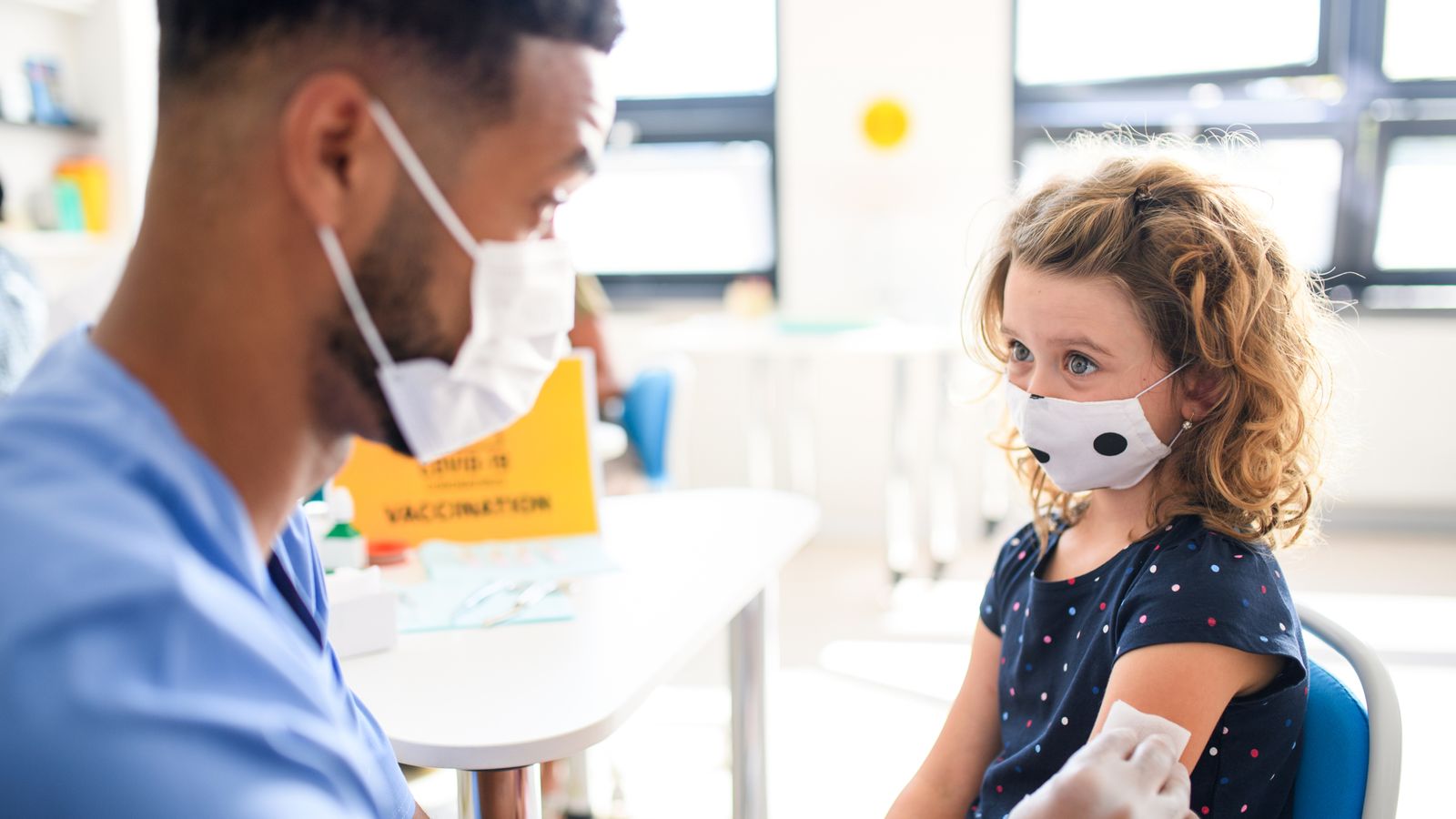Children may be able to fight COVID better than better than adults due to their innate immune response, new research has suggested.
Researchers at University College London (UCL) said their study revealed how the immune system people were born with is not the same as the one they have as adults.
They added that children had an innate immune system that is better able to recognise dangerous viruses or bacteria automatically, which then triggers cells that can adapt to the threat.
Please use Chrome browser for a more accessible video player
Meanwhile, adults have a more adaptive immune system that contains memory type cells which have been trained through past exposure to respond to a particular threat.
The researchers worked with affiliated hospitals to collect and process matched airway and blood samples from 19 paediatric and 18 adult COVID patients with symptoms that ranged from asymptomatic to severe, along with control samples from 41 healthy children and adults.
Dr Masahiro Yoshida, a first author of the study from University College London, said: “Because Sars-CoV-2 is a new virus, it isn’t something that the adaptive immune system of adults has learned to respond to.
“The innate immune system of children is more flexible and better able to respond to new threats.
COVID-19 and Omicron rise: How are countries around the world responding to the increasing cases?
Year In Review – COVID, violence against women and sport
COVID-19: Virtual sexual activity increased during first lockdown but young people had less sex, survey finds
“What we see at a molecular level are high levels of interferons and a very quick immune response in children that helps to explain why they are less severely affected by COVID than adults.”
The study went on to explain how the immune system of adults, which has huge numbers of killer immune cells such as B and T cells, can also work against the body once the virus has spread to other parts of a patient.
Dr Marko Nikolic, a senior author of the study from University College London, MRC Intermediate Fellow and honorary consultant in Respiratory Medicine, said: “Once the virus has spread to several areas of the body, organ damage can be caused by the immune system trying and failing to control the infection.
“Our study shows that not only do children respond better initially, if the virus does enter the blood the cytotoxic response is less forceful.”






















